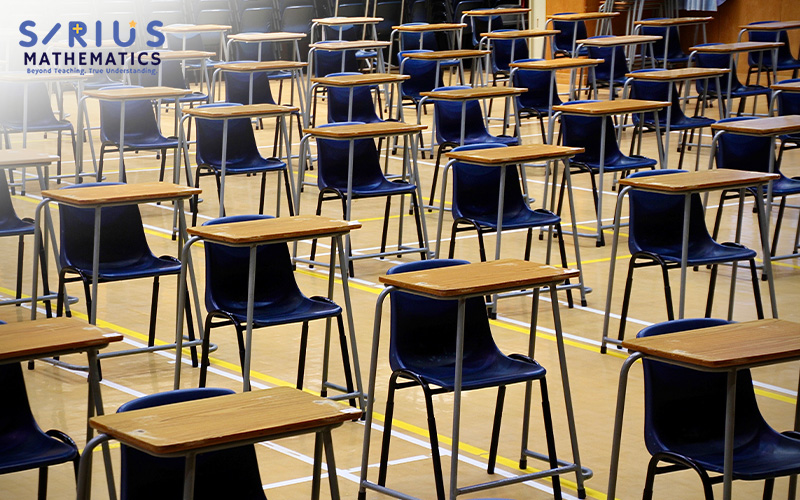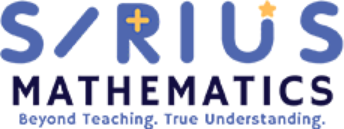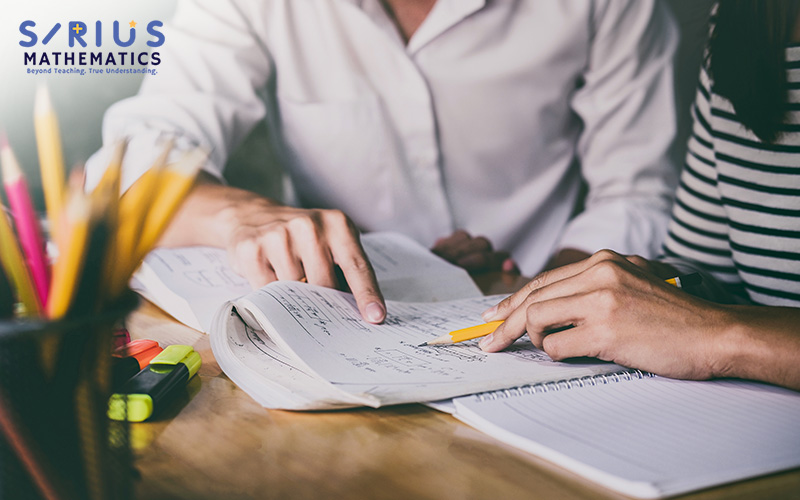Key Takeaways:
- How Does Peer Learning Help You Excel in O-Level E-Math?
This approach focuses on teaching others, learning from different perspectives, and staying accountable through group study. By doing so, students set themselves up for consistent progress and stronger exam performance.
Introduction
Preparing for your math exam can feel overwhelming, especially when you’re tackling tricky algebra or geometry questions alone. But don’t worry, you don’t have to face it yourself. Peer learning offers a smarter, more engaging approach to studying. By working together, students can clarify complex topics, stay motivated, and build a stronger understanding through shared reasoning and discussion.
Focusing on O-Level E-Math, this article explores how the approach deepens math concept understanding, enhances collaborative problem-solving, and fuels student motivation. We also take a look at how E-Math tuition in Singapore adds another valuable layer of academic support.
What Is Peer Learning in E-Math?
Peer learning is a study approach where students team up to explain, discuss, and solve math problems together. Unlike traditional solo revision, it promotes active participation and shared understanding. This method is especially valuable for O-Level E-Math students, where the syllabus demands both conceptual clarity and problem-solving skills.
How Do Students Benefit?
1. Teach to Learn
Have you ever tried explaining a concept to someone, only to realise you didn’t understand it as well as you thought? Teaching a math concept to a classmate is one of the best ways to overcome this. It forces you to think clearly, organise your thoughts, and express ideas logically. In the process, you uncover gaps in your understanding and work through them actively.
Furthermore, the more you explain, the more confident you become. With each peer discussion, your thinking becomes sharper and your explanations more precise. As your confidence grows, so does your readiness to perform well in your O-Level E-Math exam.
2. Exposure to Varied Approaches
Everyone thinks differently. What seems confusing to you might be easily understood by a peer and vice versa. When students work together, they’re exposed to a variety of perspectives, thought processes, and problem-solving techniques. Some students are more visual and rely on diagrams; others prefer algebraic manipulation or step-by-step logic.
For instance, in E-Math, peers might introduce you to shortcuts or alternative strategies that you’ve never encountered in class or textbooks. Over time, this collective learning sharpens your ability to analyse problems from different angles and strengthens your overall understanding.
3. Boosts Motivation and Makes Studying Fun
Let’s be honest, math revision can feel isolating and dull. But when you’re studying with friends, it becomes more engaging. You encourage each other, share jokes, compete in quiz games, and celebrate small wins together.
This sense of camaraderie is a huge student motivation booster. It helps reduce the stress of studying for O-Levels and keeps you going, even on days when motivation is low. It’s important to be surrounded by like-minded peers who push each other to do better.
4. Fosters Accountability and Discipline
Peer learning also builds discipline. When you’re part of a group study session or E-Math revision group, you’re more likely to focus on your task. You won’t be tempted to scroll through TikTok mid-revision, because your friends are counting on you to show up and contribute.
In addition, regular group sessions promote consistent revision, which is key to mastering E-Math. When you meet with peers on a fixed schedule, it creates a structured routine that keeps you on track. This steady pace of learning helps reinforce important concepts over time, rather than relying on last-minute cramming.

How Sirius Mathematics Supports Collaborative Learning
Mastering O-Level E-Math doesn’t mean you have to do it alone. With the right support, your peers can become one of your strongest learning assets. While tuition offers essential academic guidance, it also works best when paired with active student participation.
At Sirius Mathematics, our O-Level E-Math tuition doesn’t stop at traditional teacher-led instruction. We create a collaborative learning environment where students engage in group discussions and bounce ideas off one another. The key is to allow our students to learn from different perspectives and still benefit from focused, individual support.
Ready to study smarter, not harder? Contact us to sign up.

